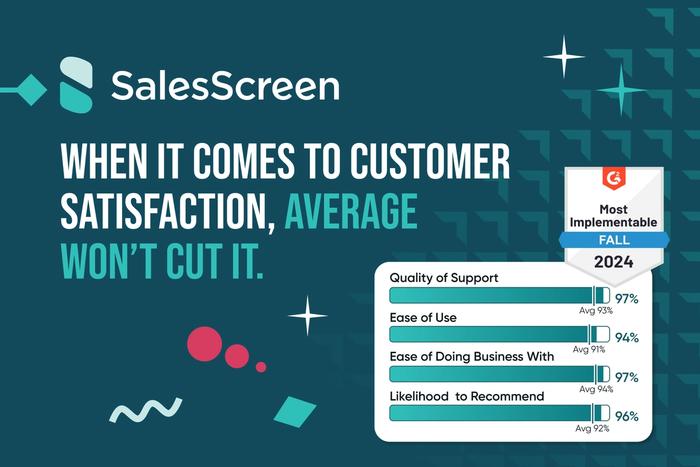As Boomers enter retirement, Gen Z is taking the stage as the newest generation of sales managers, tasked with turning reps into high-performing sellers. These managers are entering the “new normal” workplace after a long period of exclusively remote work, where teams are hybrid, and managers need to know how to lead and motivate their teams in person too.
So, how are they doing? To put it mildly, Gen Z managers are struggling. Our latest sales industry report found that only 25% of GenZ leaders say they know how to motivate their reps, compared to 82% of Boomers, 91% of GenX, and 74% of Millennials. And if managers are struggling, so will their teams—and your bottom line.
Here’s how you can help your Gen Z managers succeed in their roles, motivate their teams and become the next generation of effective sales leaders.
Lead by example
When it comes to confidence, Gen Z doesn’t have much faith in their own managerial abilities. Only 25% of Gen Z sales leaders agreed or strongly agreed with the statement, “My reps know I value them.” This is a stark contrast to more seasoned sales leaders, with 91% of Boomers, 51% of Gen X, and 64.5% of Millennial sales leaders agreeing or strongly agreeing their reps know they are valued.
Gen Z sales leaders are also struggling with giving appropriate recognition, with 25% saying they don’t recognize their reps when they perform well, compared to only 5.7% of Gen X managers, with no Boomer or Millennial sales leaders saying they failed to recognize their reps.
And while 82% of Boomers, 89% of Gen X, and 81% of Millennial sales leaders say they provide guidance to struggling reps, only a quarter of Gen Z sales leaders agree.
These struggles speak to a lack of confidence in Gen Z leaders, and an uncertainty about their authority and expectations of their new role. And when managers fail to meet reps’ expectations, performance can drop, and turnover can increase.
To help them build confidence, and establish an effective management style, senior sales leaders should lead by example, coach younger staff and ensure that their new managers receive adequate manager training.
Schedule time with younger managers to show them the ropes and impart some of your industry knowledge. Learning from a seasoned sales pro will let Gen Z managers understand what leadership means in a sales organization and help them feel more confident in their leadership style.
Provide the tools they need to succeed
Managing a sales team, especially ones that are remote or hybrid, requires the right set of tools. From communication to motivation, managers must ensure their teams are aligned and performing their best.
And while most sales leaders feel they are well-equipped to manage their teams, Gen Z managers feel they haven’t been set up for success. Of note, only 25% of Gen Z sales leaders agree they have the tools they need to motivate their team, compared with 91% of Boomers, 68% of Gen X, and 77% of Millennial sales managers.
Gen Z sales leaders are also spending upwards of 40% more time motivating their teams than their peers. Most sales leaders spend 2-3 hours per week, on average, planning and implementing methods for team motivation. Gen Z is the clear outlier, with 50% spending 3-5 hours weekly.
Without the right tools, new sales leaders are finding it difficult to manage their time, and their teams. To help them become more efficient and effective, senior leaders should focus on education. Have your young managers been shown how to use the tools available to them? Have they been provided a team motivation program to follow, or are they fending for themselves? By providing building blocks for younger managers, you can set them up to succeed and ensure they develop high-performing teams.











